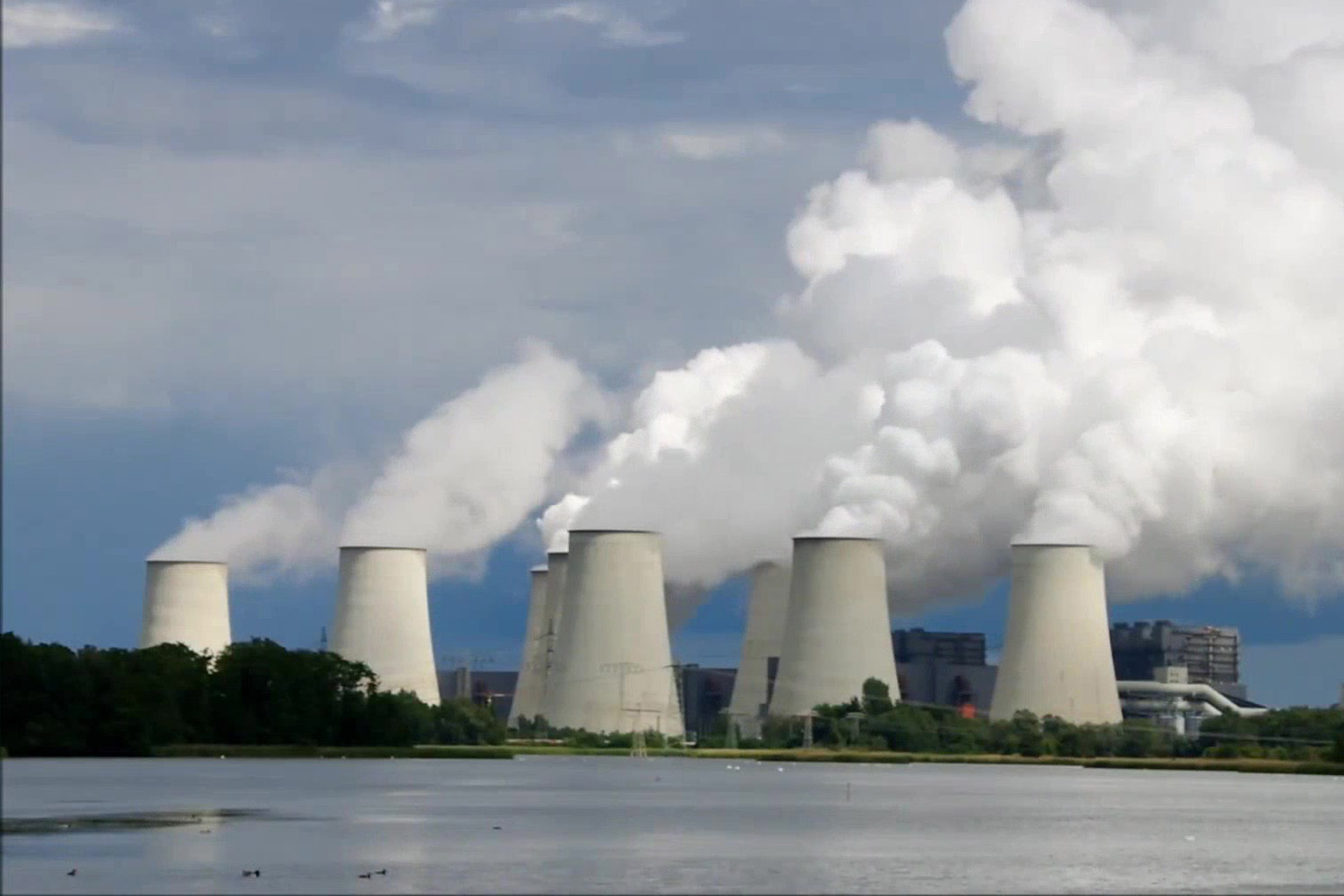Harnessing Geodyn Solutions Biomass Power Plants: Sustainable Input for Environment-Friendly CO2 Reduction and Reduced Dependency on Fossil Fuels

Making use of Geodyn Solutions Reduced Dependence on Fossil Fuels and Environmentally Friendly CO2 Reduction Through Biomass Power Plants
Introduction: Investigating alternative energy sources that can lower greenhouse gas emissions and our dependency on fossil fuels is essential if we are to achieve a sustainable future. A potential answer to these problems is provided by biomass power plants. These power plants provide renewable energy, encourage CO2 reduction, and contribute to a cleaner and more sustainable future by employing organic materials including agricultural waste, wood pellets, and special energy crops. The idea of biomass power plants and their potential advantages for a cleaner environment are explored in this Geodyn Solutions Biomass Power Plant.

Geodyn Solutions Biomass Power: What is it? Geodyn Services The method of producing energy or heat by burning organic material, mainly plant-based resources, is known as biomass power. By using the chemical energy stored in biomass, this sustainable energy source can reduce the demand for fossil fuels. Crop residues, forest residues, energy crops, wood pellets, and even organic waste from businesses and homes can all be included in biomass.
Environmental Benefits: 2.1 Geodyn Solutions reduces CO2 By lowering CO2 emissions, biomass power plants aid in preventing climate change. Although burning biomass releases CO2, the CO2 absorbed during the growth of the biomass feedstock more than makes up for this. Biomass carbon is a product of a recent carbon cycle, making it a carbon-neutral or even carbon-negative energy source, in contrast to fossil fuels, which release carbon that has been trapped for millions of years.
Geodyn Solutions, Waste Management, Section 2.2 A sustainable method of managing organic waste is provided by biomass power plants. The demand for landfill disposal or incineration can be reduced by using organic waste from diverse sources, including agricultural residues, forestry byproducts, and organic waste from other sources as fuel. This reduces environmental pollution.
Reduced Dependence on Fossil Fuels: Geodyn Solutions, 3.1 Energy Independence and Economic Benefits In order to diversify the energy mix and lessen reliance on fossil fuels like coal, oil, and natural gas, biomass power plants are used. Countries can improve their energy security and lessen exposure to price swings and geopolitical concerns related to the importation of fossil fuels by exploiting locally accessible biomass resources.
Geodyn Solutions, Rural Development, Section 3.2 By generating employment, biomass power plants, especially in agricultural regions, can promote rural development. Growing specialized energy crops like switchgrass or miscanthus can boost sustainable land use techniques while giving farmers an additional source of revenue.

Technological progress 4.1 Geodyn Solutions’ Combined Heat and Power (CHP) The heat produced during the electricity generating process can be recovered and used for district heating, industrial activities, or even to create cooling using absorption chillers in biomass power plants that are intended as combined heat and power systems. The effectiveness of using biomass is maximized by this combined strategy.
Geodyn Solutions 4.2 Advanced biomass conversion technologies from Geodyn Solutions, such as gasification and pyrolysis, allow for the creation of syngas or bio-oil, which may be used for a variety of things, such as power generation, biofuels, and chemical feedstocks. The possible uses for biomass resources are increased by these technologies.
Geodyn Services A sustainable and environmentally responsible way to cut CO2 emissions, promote energy independence, and lessen reliance on fossil fuels is through the use of biomass power plants. We can tackle the problems associated with waste management while working toward a greener future by utilizing the power of organic matter. Geodyn Services The efficiency, scalability, and cost-effectiveness of biomass energy technologies will be further improved through continued research and funding, making them an essential part of a sustainable and low-carbon energy system.
